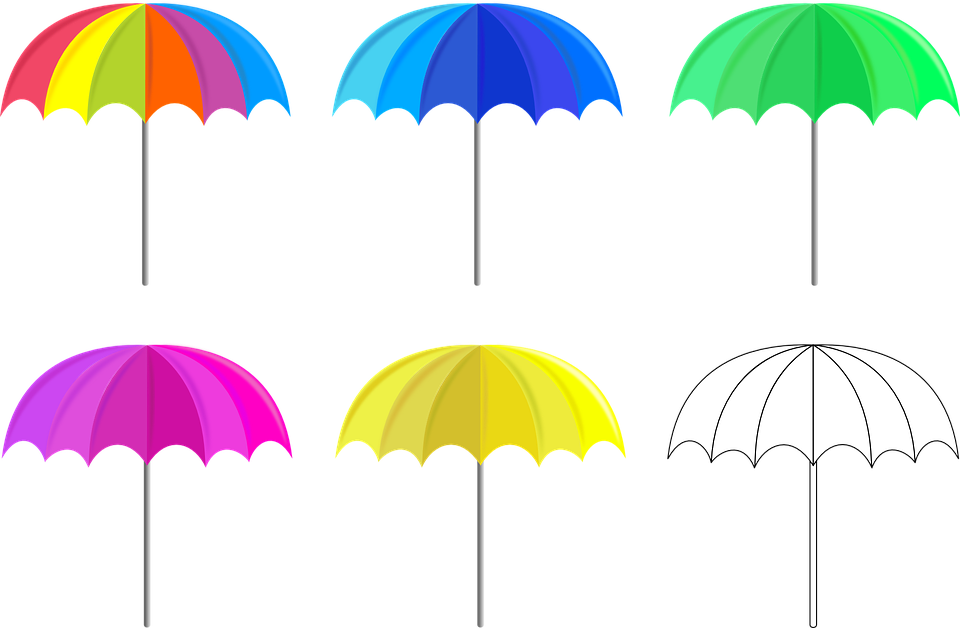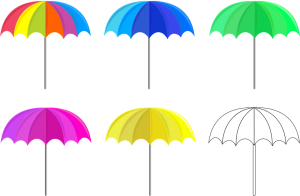
Photo Credit to Pixabay
By Meghan Rogers

The word “queer” is a term that is commonly used in academic and social spaces to be representative of all LGBTQ+ identities, but it carries with it a heavy politicization that not everyone is comfortable with. Reasonings behind this will be different for everyone, but it is important not to assume that everyone will be comfortable with its usage.
According to the Gay & Lesbian Alliance Against Defamation (GLAAD), “queer” is “an adjective used by some people, particularly younger people, whose sexual orientation is not exclusively heterosexual.” “Not exclusively heterosexual” is broad, and this ambiguity is often crucial to reasoning for choosing whether or not to use the term. I personally choose to identify as queer because of this ambiguity, as I feel it allows for fluidity of both gender and sexuality. Most sexualities are based around gender — your own and how it relates to your partner’s. For instance, if you are gay, it is assumed to mean that you are a man that is interested exclusively in other men. But this implies certain parameters on who is defined as a man.
“I think everything in the United States and Western culture in general is all about labelling things,” Jae Bates (‘18) said. Even with diet here, it’s like, ‘I AM a vegan’ or ‘I AM a vegetarian’ rather than being like, ‘I happen to eat mostly not meat.’… I think everything is very about clear distinct identity instead of allowing you to do whatever it is that you do. And I think the word ‘queer’ allows people to just do them because I think that ‘queer’ is such an unclear word that it leaves way more space for you. ‘Queer’ allows much more room for acknowledging and allowing for queer and nonbinary people when you date.”
Sexual identity terms can be restrictive of identities that do not fall within the binary, as well as restricting experimentation or deviation. As Bates discusses, someone may identify mostly as gay with some deviation just for the ease of explaining to others, but this causes guilt or negativity if they want to stray from it. For this reason, ‘queer’ does allow for wiggle room due to its vagueness.
However, queer has historical roots in being a slur, and is still used as one today. For individuals who purposely do not use terminology that carries those politics or for people who have had negative experiences with the term, it can be potentially triggering and offensive. The intentional vagueness in identity as well can feel like identities are being glossed over or neutralized, not acknowledging difference between them and the separate struggles between each sexual identity.
Queer as a community has also been overwhelmingly white in relation to other LGBTQ+ communities. “I was really involved with the Queer Alliance for the first couple years I was here,” Bates said. “The majority of the officers were queer people of color. But what would happen at the meetings was that we wanted to talk about race all the time but all the kids that were coming were white. So we kept getting all this anonymous feedback where people were annoyed about it and they just wanted to talk about queerness and not race. It was like you couldn’t talk about race and about being queer. And I got a lot of feedback from my friends who are queer people of color being like, ‘Why would I go? It’s just all white people.’”
This racialization of queerness is one that does go ignored, especially on a campus like the University of Puget Sound, whose racial demographics continually place white students in the 75% range, according to Forbes and the College Board. In a similar way to how queerness does not specify specific identities, dominant queerness has a way of disregarding race and the intersectionality of queer people of color.
These are just some of the reasons why people may or may not choose to identify with the term ‘queer.’ Being aware of differences among the LGBTQ+ community is crucial so as not to make anyone uncomfortable, but also to be aware of all identities and the way they can be misrepresented under a single term.
